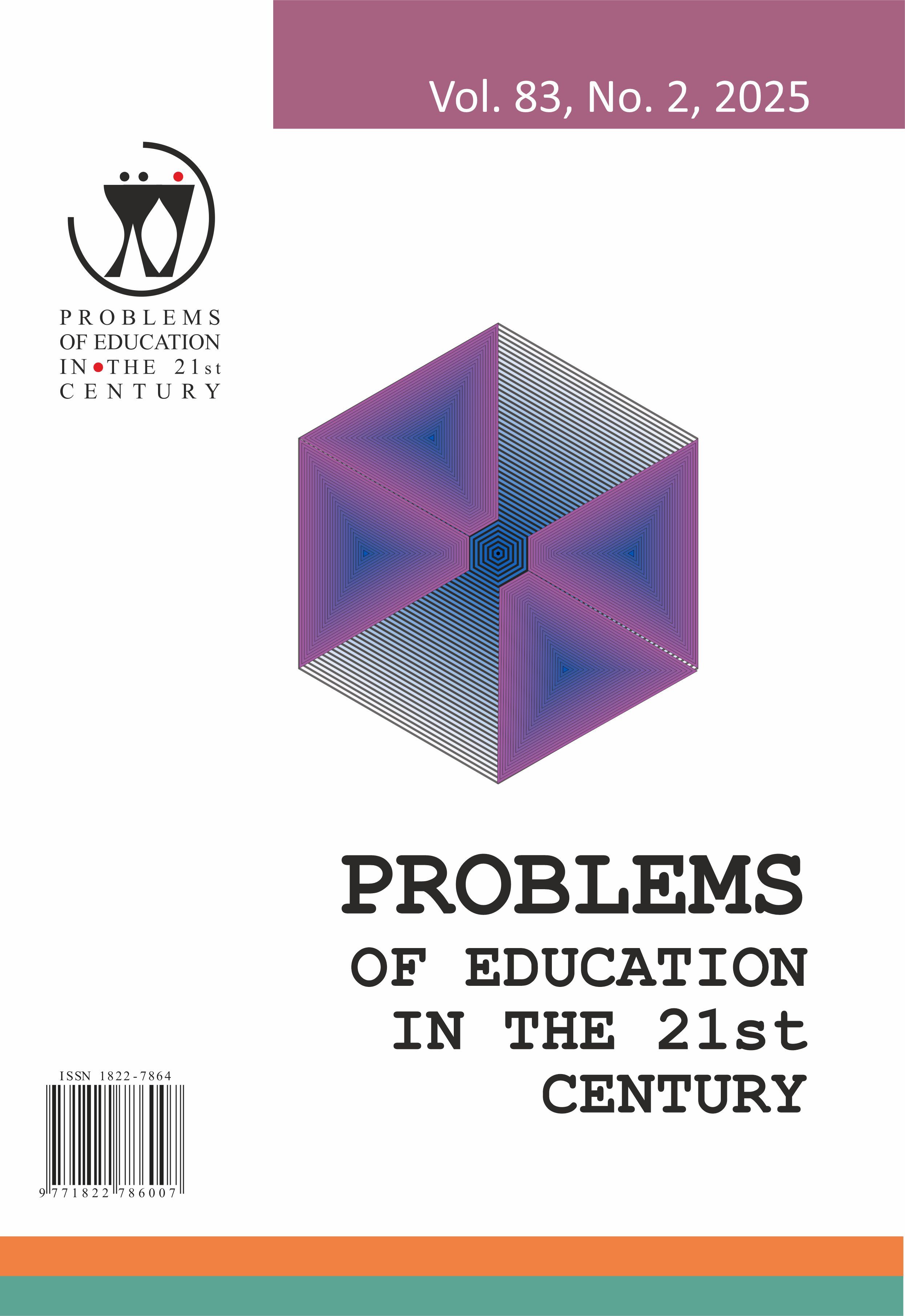DIGITIZING EDUCATIONAL RESOURCES: DEVELOPMENT OF LEARNING MATERIALS REPOSITORY HUB
DIGITIZING EDUCATIONAL RESOURCES: DEVELOPMENT OF LEARNING MATERIALS REPOSITORY HUB
Author(s): Joseline M. Santos, Raquel C. Adriano, Marian Minneli S. Cruz, Mayleen Dorcas B. Castro, Eunice B. Custodio, Gerriper T. BernardoSubject(s): Social Sciences, Education
Published by: Scientia Socialis, UAB
Keywords: Learning Materials Repository Hub (LMRH); Digitized Learning Materials (DLM); Alternative Delivery Mode Learning Resource (ADMLR); Technology Acceptance Model (TAM); System Usability Scale (SUS);
Summary/Abstract: This study developed a Learning Materials Repository Hub (LMRH) to digitize educational resources for the K-12 education system, addressing the need for centralized, high-quality, and accessible learning materials. Using a developmental research approach, Graduate School students created Digitized Learning Materials (DLMs) aligned with the Most Essential Learning Competencies (MELCs) and the Alternative Delivery Mode Learning Resource (ADMLR) standards of the Department of Education (DepEd). These materials were reviewed by subject-matter experts and integrated into the LMRH, which was designed as a centralized platform for organizing and sharing digital learning content. The study employed expert evaluations and teacher assessments to determine the content quality, educational effectiveness, technical usability, and overall acceptability of the LMRH. The Technology Acceptance Model (TAM) was used to measure perceived usefulness, ease of use, attitude toward using, and intention to use, while the System Usability Scale (SUS) evaluated its usability. Findings revealed that the DLMs received high ratings for quality, and the LMRH was deemed effective in supporting both synchronous and asynchronous learning. Teachers strongly agreed on its usefulness and ease of integration into teaching. The results suggest that digital learning repositories can significantly enhance teaching and learning experiences, providing a flexible and efficient platform for educators. The study highlights the importance of digitized educational resources and encourages further investment in educational technology to improve curriculum implementation and educational delivery in K-12 education.
Journal: Problems of Education in the 21st Century
- Issue Year: 83/2025
- Issue No: 2
- Page Range: 237-260
- Page Count: 24
- Language: English

